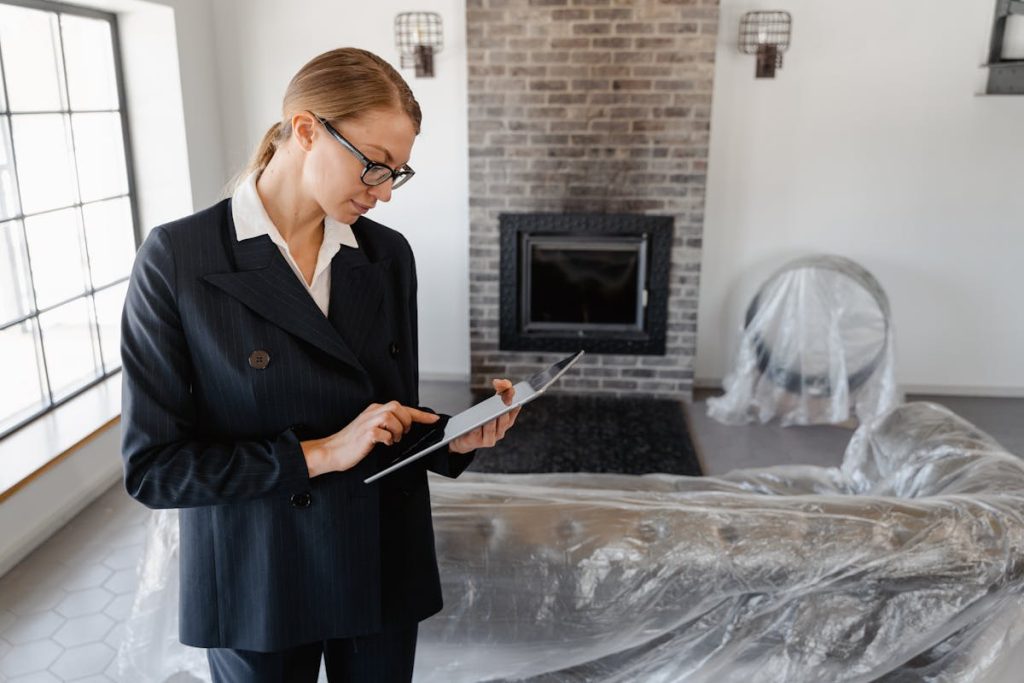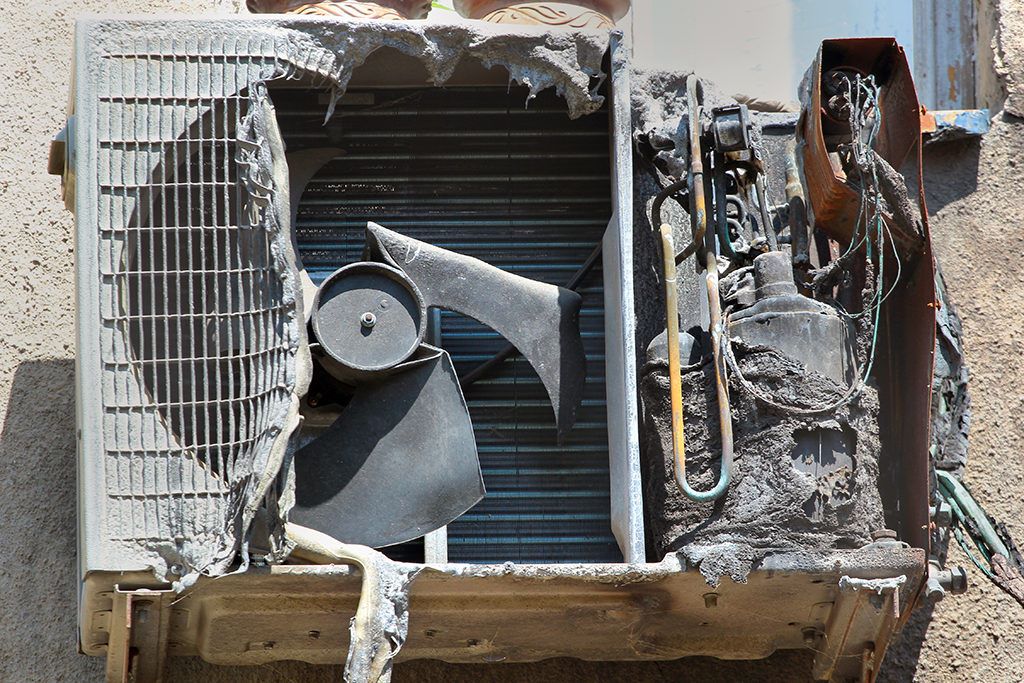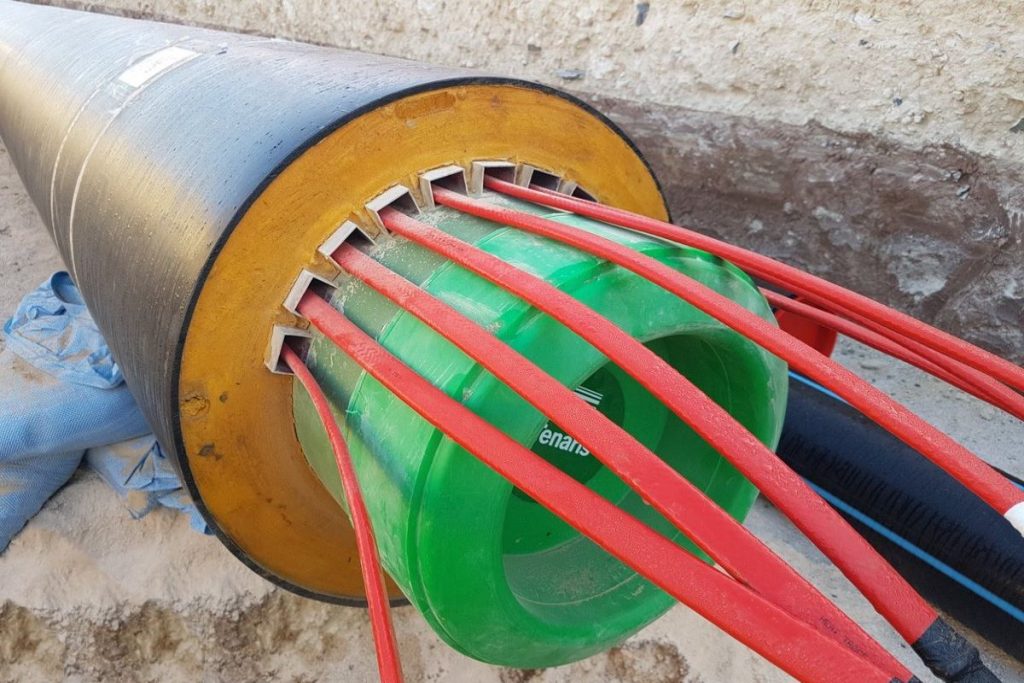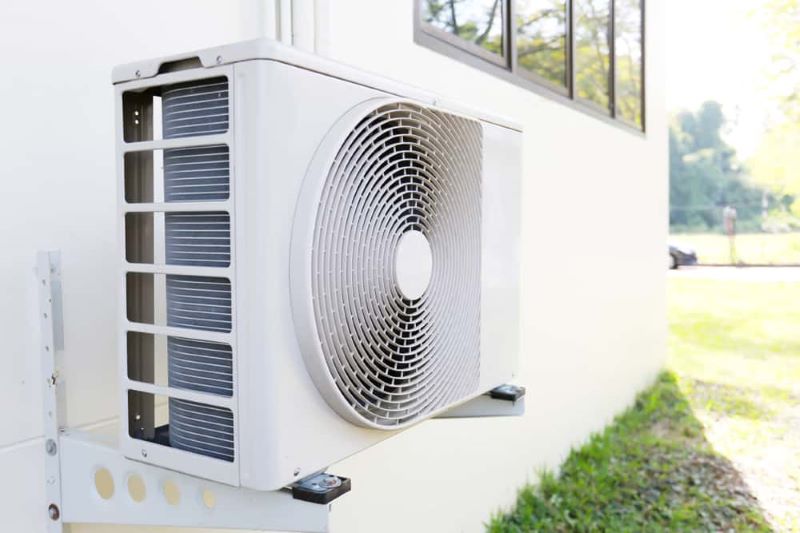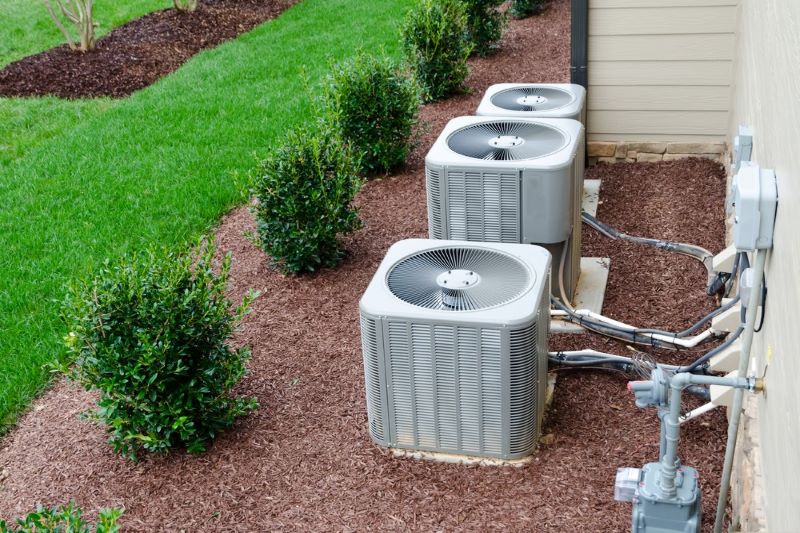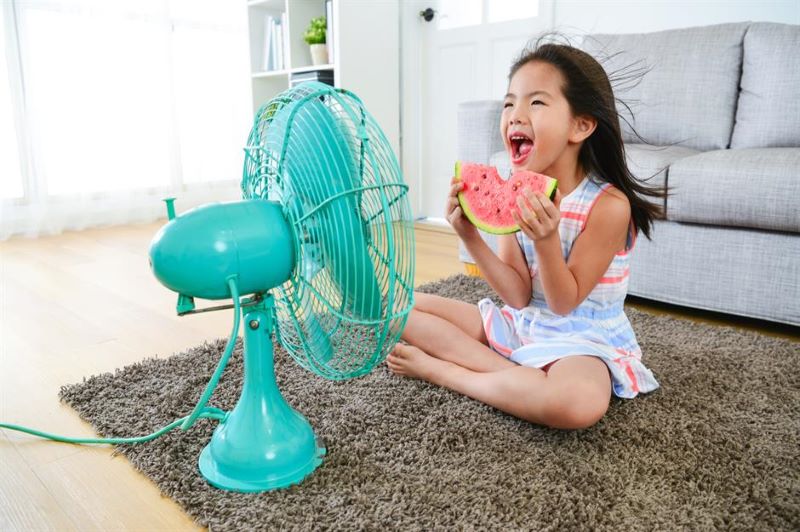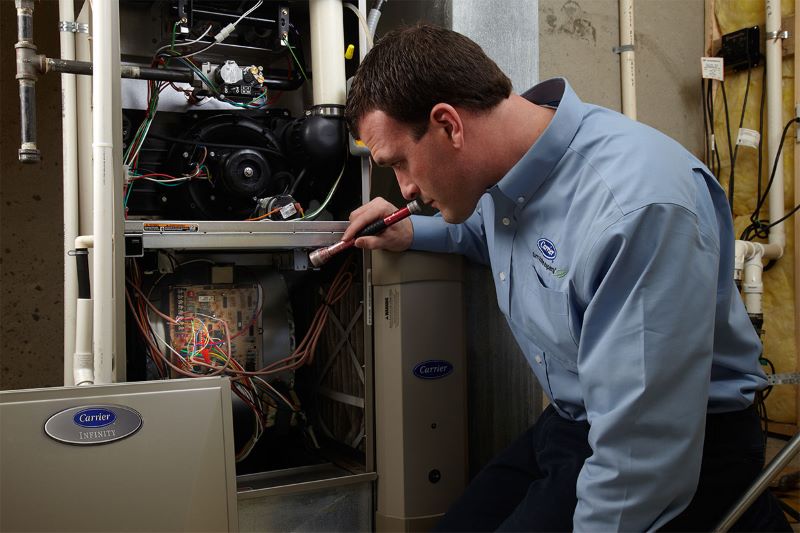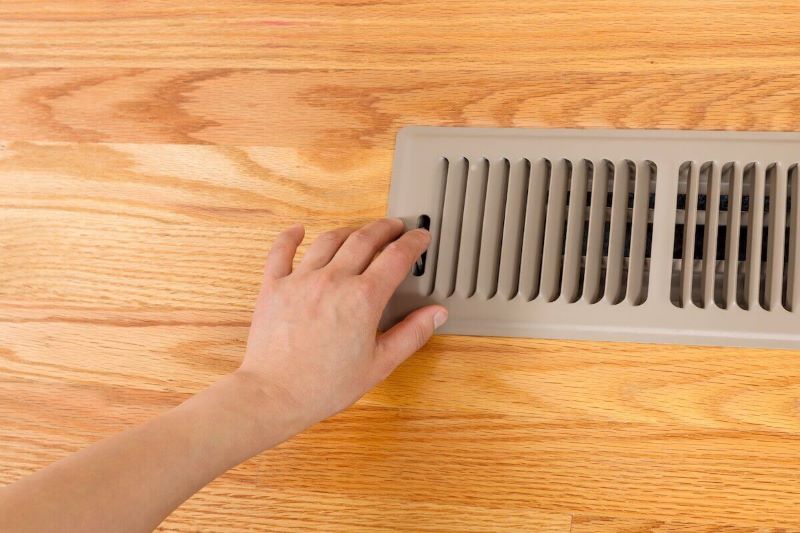Table of Contents
Managing a property in Long Island comes with its fair share of responsibilities, and one of the most important aspects is maintaining the HVAC systems. Whether you oversee a residential complex, commercial building, or multi-unit rental, heating and cooling services can quickly escalate from minor inconveniences to crucial emergencies.
To help you stay on top of objects and reduce costly repairs, here are some essential HVAC tips tailored specifically for property managers in Long Island.
1. Schedule Methodical HVAC Inspections
Preventive maintenance goes a long way in avoiding HVAC breakdowns. Property managers should schedule routine inspections with a professional Plumber in Seaford to identify potential issues before they worsen. Regular check-ups can uncover worn-out components, air leaks, soiled coils, and thermostat malfunctions.
Overturn:
Bi-annual inspections are recommended for most properties. For older systems, consider quarterly exams.
2. Educate Tenants on Smart HVAC Utilization
Many HVAC problems stem from improper usage. Educating tenants can help minimize emergency calls and extend the system’s life. Provide a guide on best practices for temperature jurisdiction and filter maintenance.
For specimen:
- From blocking vents with furniture.
- Keep thermostats set to energy-efficient temperatures.
- Change the filtrate regularly.
This proactive step protects your HVAC plumbing system and generates a better experience for tenants.
3. Respond Promptly to HVAC Protests
Delaying service requests can result in tenant dissatisfaction and larger repair costs. Make it a policy to respond to HVAC-related complaints quickly. Prompt action ensures comfort and lessens the risk of long-term damage.
Pro Overturn:
Build a relationship with a trusted HVAC Long Island company like All Shore Plumbing so you have reliable up during emergencies.
4. Know the Signs of an HVAC Problem
HVAC issues often start small. Be alert for indications such as:
- With temperatures
- Unusual noises from components
- Rising energy invoices
- Poor air quality or musty smells
Addressing these symptoms early can prevent complete system failures and expensive replacements.
5. Upgrade to Energy-Efficient Structures
Modern HVAC systems are significantly more energy-efficient. Encourage owners to invest in ENERGY STAR-rated units and smart thermostats. These upgrades reduce utility bills and are earnestly to eco-conscious tenants.
Payment:
Local utility companies often offer rebates for organized HVAC installations.
6. Winterize and Summer-Prep Your Structures
Long Island experiences both hot summers and chilly winters. Prepare your systems for seasonal changes:
- Wrap exposed ductwork
- Clear the outdoor components of leaves and debris
- Schedule seasonal ups
- Ensure proper ventilation and insulation in all components
These steps help prevent mid-season malfunctions and ensure a flawless comfort year-round.
7. Clean and Replace Air Sieves Regularly
Dirty filters reduce airflow and make HVAC systems work harder, increasing energy costs and in and run. Make it a habit to replace filters at least every 1–3 months, depending on usage.
In multi-unit buildings, consider assigning a staff member to detector and replacement filters to ensure consistency.
8. Label HVAC System Shut-Offs and Jurisdictions
In an emergency, knowing where the HVAC system shut-off is located is essential. Make sure all staff and maintenance personnel are aware of these locations and that they are easy to enter.
Clearly label the jurisdictions and provide training during onboarding to avoid confusion during urgent situations.
9. Keep an HVAC Emergency Kit On-Plot
While professional service is always best for major issues, having a basic HVAC emergency kit can help stabilize the situation temporarily. Equip your equipment with:
- Extra sieves
- Flashlights
- Cells for thermostats
- Zip ties and duct tape
- Thermometers
Quick response tools can help prevent further system strain while waiting for professional assistance.
10. Work with a Reliable HVAC Firm
Having a trusted partner for all your HVAC needs is invaluable. Look for a company like All Shore Plumbing that provides:
- 24/7 emergency HVAC assistance
- Certified technicians
- Transparent costing
- Experience with multi-unit and commercial properties
Local knowledge makes a difference—choose a team that understands the pattern and plumbing challenges unique to Long Island.
11. Maintain Indoor Air Standard
As a property manager, you’re not just responsible for the temperature in your buildings—you’re also responsible for air quality. Good indoor air quality improves health, reduces absenteeism in commercial properties, and enhances tenant contentment.
To maintain condition IAQ:
- Install air purifiers in usual areas
- Ensure real humidity levels
- Plan duct cleaning every few years
- Use short materials when upgrading insulation or flooring
- IAQ is often overlooked, but it’s crucial in preventing allergies, asthma flare-ups, and general pain.
12. Set Up a Preventive Maintenance Scheme
Instead of dealing with HVAC problems as they arise, consider enrolling your properties in a preventive maintenance program. Many HVAC Long Island providers offer service contracts that include regular inspections, plumbing repairs, and emergency service.
Preventive plans can save thousands in the long run and keep your systems running more efficiently year-round.
13. Optimize Thermostat Placement and Utilization
Smart thermostats are only effective when used correctly. Placement matters—avoid placing thermostats in direct sunlight or near drafty windows. Educate employees or tenants on how to use programmable settings to match occupancy schedules.
Even better, implement zoning controls to customize temperatures by area, especially in large properties. Zoning can reduce energy costs while keeping everyone cosy.
14. Scheme for HVAC Equipment Lifespan and Budgeting
Every HVAC system has a lifespan, typically years, depending on usage and maintenance. As a property manager, it’s essential to maintain an updated inventory of equipment age and condition. Use this information to forecast replacement timelines and plan accordingly.
Create a long-term HVAC investment plan for your property portfolio, and put aside reserves to prevent financial surprises when systems need to be replaced.
15. Embrace HVAC Automation and Faraway Monitoring
Technology is evolving rapidly, and property managers can take advantage of HVAC automation tools that allow for remote monitoring and control. These systems alert you when temperature anomalies or equipment failures happen.
Remote access can also help property managers of HVAC systems across multiple locations from one dashboard, saving time and ensuring that your systems run efficiently.
16. Stay Compliant with Local HVAC Rules
Long Island may have building codes, energy efficiency mandates, or landlord-tenant laws that impact HVAC operation and maintenance. Stay updated on compliance requirements to avoid lawsuits or tenant disputes.
Working with an experienced HVAC Long Island contractor helps ensure your properties meet all welfare and regulatory standards.
17. Enhance Tenant Comfort with Custom HVAC Characteristics
Modern tenants appreciate comfort and convenience. Consider offering features like zone-based heating and cooling, smart pattern control, and ceiling lighting.
These small upgrades can make a big difference in customer satisfaction, reduce complaints, and increase retention rates.
18. Incorporate HVAC Training into Employee Onboarding
When hiring new maintenance staff or building management personnel, it’s essential to incorporate HVAC education into their training. While they don’t need to be certified technicians, basic knowledge of HVAC system operations, shut-off procedures, and signs of system stress can make a big difference in installations and maintenance standards.
Create a simple HVAC orientation checklist and include seasonal reminders to keep staff aligned with your property’s heating and cooling needs. Training ensures everyone is on the same page and can respond more successfully in emergencies or during tenant interactions.
19. Use Data and Analytics for Superior HVAC Management
More property managers are turning to data analytics to monitor HVAC usage and performance across their buildings. Smart HVAC systems can track energy utilization, runtime, temperature fluctuations, and plumbing system stress. Reviewing these metrics monthly can help you:
- Recognize inefficiencies
- Predict system successes
- Pinpoint areas of high energy utilization
- Justify that the equipment improves
Analyzing this data allows for more strategic decisions, from budgeting to sustainability enterprises.
20. Create Tenant HVAC Feedback
Establishing clear communication channels where tenants can report HVAC issues or make comfort suggestions can improve response time and tenant satisfaction. Consider including HVAC-related questions in your regular tenant satisfaction surveys. You may uncover recurring issues that haven’t been officially reported, like inconsistent temperatures or restricted airflow.
This feedback loop helps identify problem areas faster and with tenants a sense of involvement in their living environment.
By layering in proactive training, analytics, and tenant feedback, you can create a more responsive and efficient approach to HVAC Long Island management. These efforts not only enhance comfort and system longevity but also position your properties as modern, tenant-focused, and operationally off investments.
Last Thoughts
HVAC systems are the heart of comfort for any property. As a property manager in Long Island, being proactive about HVAC maintenance and education can reduce stress, save money, and keep tenants happy. From regular inspections to energy-efficient upgrades, your actions directly impact property merit and tenant retention.
If you’re searching for reliable HVAC Long Island services, consider working with All Shore Plumbing. Their dedicated team understands the needs of property managers and brings dependable, expert care.
